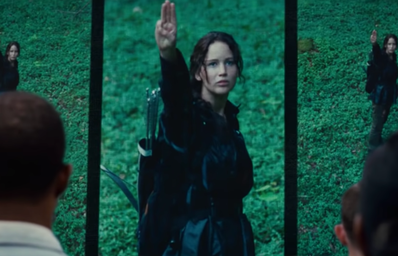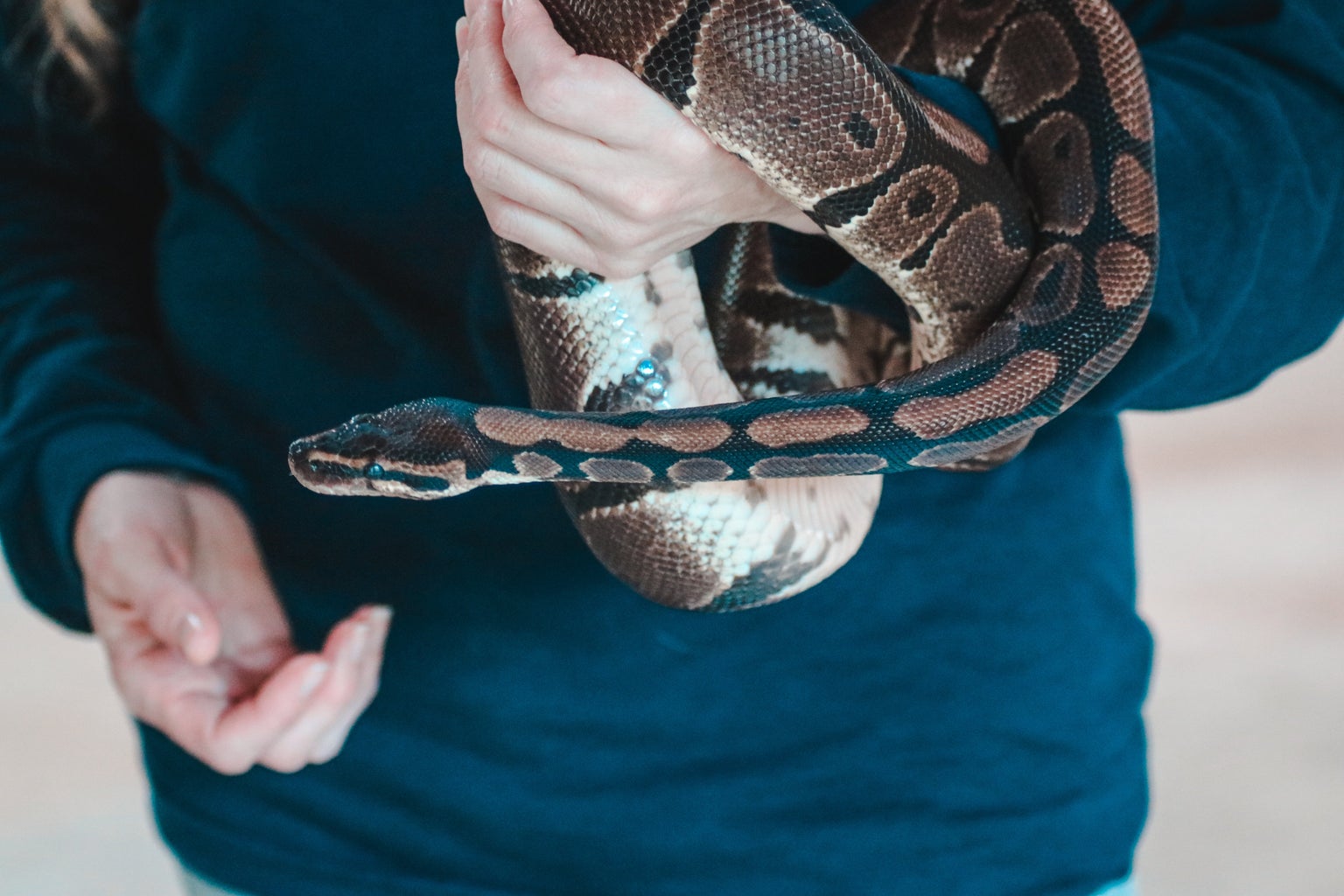As they make their way north to the fated wooden cabin, Lucy Gray Baird tells Coriolanus Snow her philosophy of humanity — that everyone is born with goodness, but it is up to us whether we cross the line into evil. Very subtly, Coriolanus scoffs at her suggestion that people are inherently good, giving credence to the idea that he disagrees.
The interaction begs the question, are people naturally good or naturally evil? ‘The Hunger Games: Ballad of Songbirds and Snakes’ offers an interesting take on the subject of humanity.
In the film, we see Coriolanus Snow before he became the tyrant ruler of Panem, and it becomes apparent that he wasn’t always evil. His upbringing was defined by the war with the rebels, being left constantly hungry and in dangerous conditions. After experiencing extreme hunger, instability, and the loss of his parents during the war, he becomes focused on his own comfort and safety. In this sense, he believed it was necessary to hold the Hunger Games every year to punish the districts so he wouldn’t experience such insecurity again.
He learned from a young age that he was the only person he could rely on to keep himself safe and in control. At the start of the film, this belief drove him with more pure intentions, such as being adamant about winning the Plinth Prize to provide for his family. However, his tendency to prioritize himself later goes on to be his fatal flaw.
Coriolanus’s nature made it nearly impossible for him to trust other people. However, he briefly put his trust in Lucy Gray — a sign of hope that he wasn’t too far gone and could be good. At one point, he was even willing to give up all of his aspirations to run up north with Lucy Gray. For an overly ambitious individual, that would be a huge sacrifice and a showing of immense vulnerability.
Coriolanus’s characteristics give rise to the idea that people become who they are rather than being born with their destined human nature.
Despite Coriolanus’s relationship with Lucy Gray, there were still plenty of instances initiated by Dr. Gaul that reinforced his belief that everyone is evil. During the games, for example, Dr. Gaul sent Coriolanus into the arena to save Sejanus Plinth and defend himself against bloodthirsty tributes.
This situation is where we first see hints of the man Coriolanus becomes, as he gets a thrilling sense of power from brutally killing a tribute. His experience with violence in the arena reinforces his idea that it is him against the world.
Coriolanus’s need to count on himself far outweighs his ability to maintain his relationships and ultimately prompts him to betray Sejanus. Coriolanus snitches on Sejanus and his plan to ally with the rebels, ultimately sending his former friend to the noose. This was Coriolanus’s way of ensuring his own safety by avoiding association with rebels.
His need for self-preservation also causes him to betray Lucy Gray because it leads him to lie about how many people he’s killed, despite knowing she values trust above all else.
Lucy Gray acted as a symbol of hope that Coriolanus might choose to be a moral person. However, his life experiences have taught him that no one is to be trusted and he can only get ahead by putting himself first. This includes getting rid of anyone who may stand in his way — even people he once loved.
The evolution of Coriolanus Snow demonstrates the idea that children are a blank slate who develop based on their upbringings and life experiences. Coriolanus’s character arc answers the question of whether humanity is born good or evil: humanity is a work in progress, and we are shaped by our circumstances. However, as Lucy Gray suggested, we still have a choice to give ourselves fully to one side or the other.
it is up to us whether we cross over the line to evil, and It is our own foundations that drive us to make this choice.
Want to keep up with HCBU? Make sure to like us on Facebook, follow us on Instagram, check out our Pinterest board, watch us on TikTok, and read our latest Tweets!




